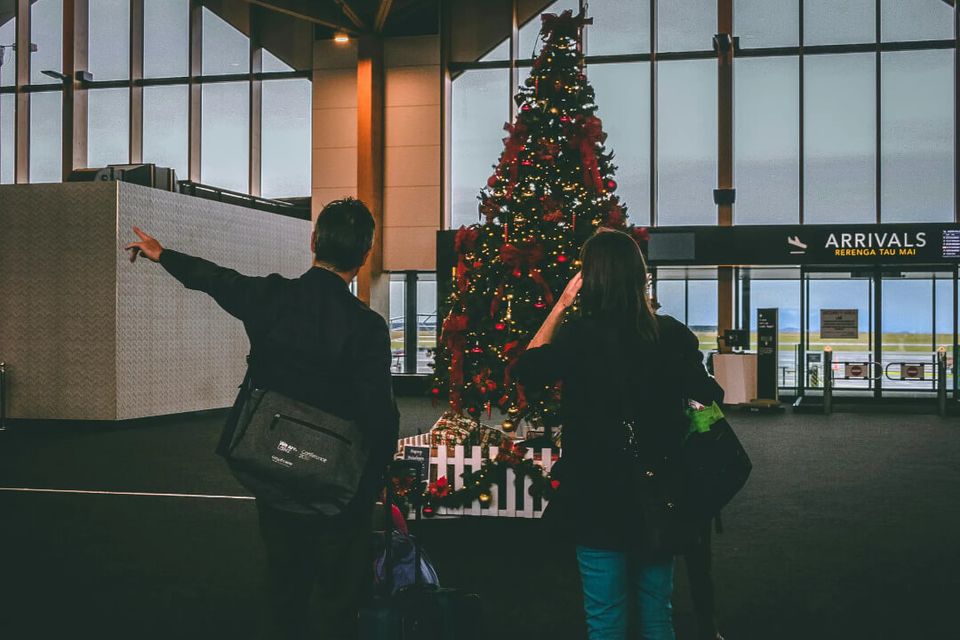
Pre-Holiday Panic
A Therapist's Guide to Managing Travel Anxiety
The holidays are supposed to be a time of joy, connection, and rest — but for many people, they come with something else entirely: a racing heart, sleepless nights, and the familiar hum of anxiety that starts the moment you open your calendar. If just thinking about packing, airports, or long drives makes your chest tighten, you’re not alone.
As a therapist who works with anxiety and perfectionism, I see this every year — caring, capable people who dread what’s “supposed to” be the most wonderful time of the year. The good news is that travel anxiety doesn’t have to take over your holidays. With some planning, self-compassion, and practical tools from evidence-based therapy, it’s possible to arrive not just at your destination, but also at a calmer state of mind.
As a therapist who works with anxiety and perfectionism, I see this every year — caring, capable people who dread what’s “supposed to” be the most wonderful time of the year. The good news is that travel anxiety doesn’t have to take over your holidays. With some planning, self-compassion, and practical tools from evidence-based therapy, it’s possible to arrive not just at your destination, but also at a calmer state of mind.

